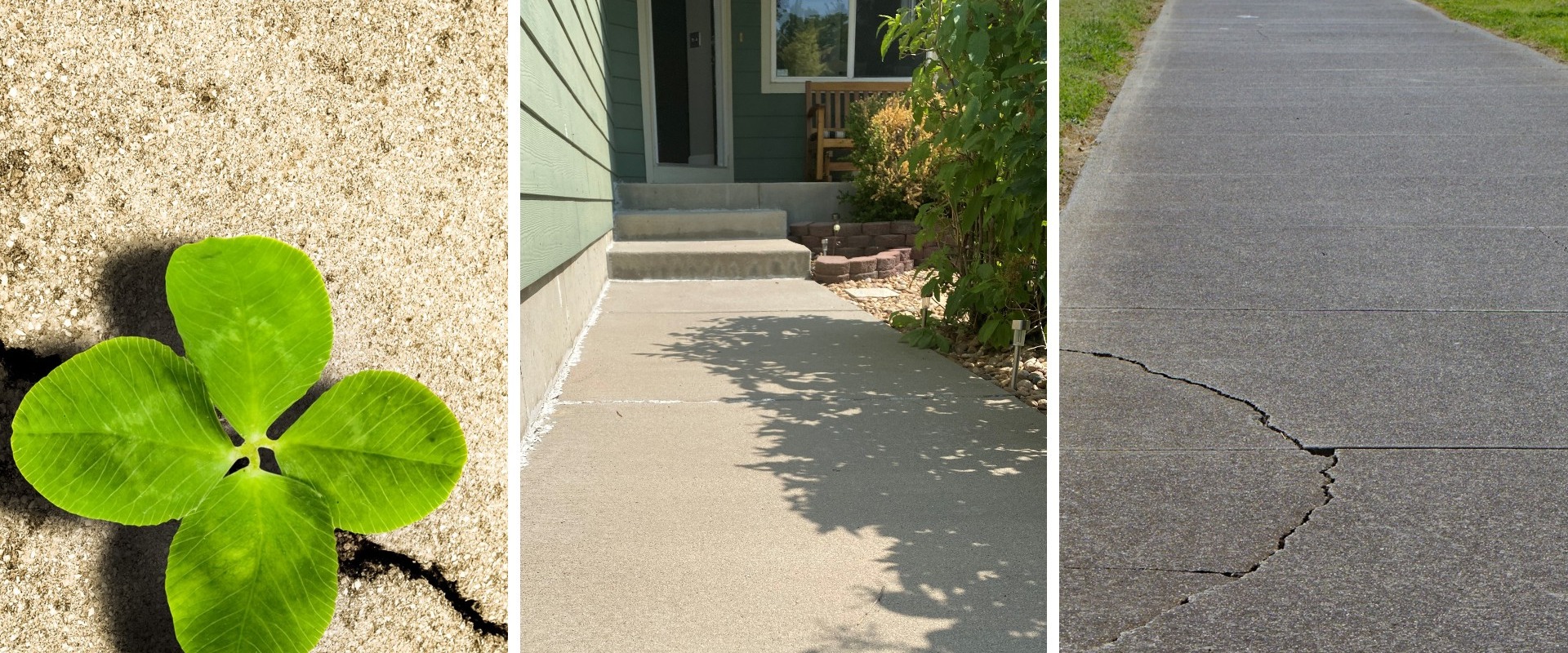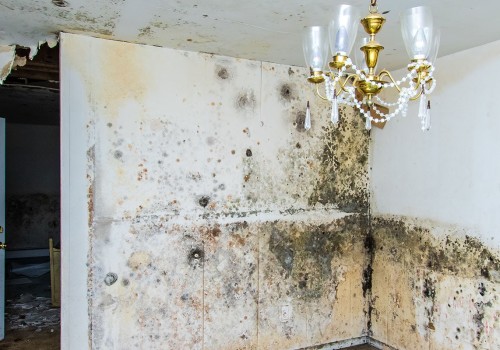When considering the durability and longevity of a concrete driveway, homeowners often ask, "How long should a concrete driveway last before cracking?" This is a vital question, as the lifespan of a driveway affects not only the aesthetics of a property but also its functionality and value.
Factors Influencing Concrete Driveway Lifespan
Several factors influence the lifespan of a concrete driveway, including the quality of the materials used, the expertise of the installation, environmental conditions, and maintenance practices. Typically, a well-installed and well-maintained concrete driveway should last anywhere from 25 to 30 years before significant cracking occurs. However, this estimate can vary widely based on several variables.
Material Quality and Installation
The quality of the concrete mix and the craftsmanship of the installation are critical in determining the longevity of a driveway. High-quality concrete, with the right mix of cement, water, and aggregates, ensures a strong and durable surface. Proper installation techniques, such as adequate compaction of the subgrade, appropriate reinforcement, and correct curing processes, also play a crucial role. Poor installation can lead to premature cracking, reducing the lifespan significantly.
Environmental Conditions
Environmental conditions, such as temperature fluctuations, moisture levels, and exposure to sunlight, greatly impact the lifespan of a concrete driveway. In regions with extreme temperature changes, concrete is prone to expansion and contraction, which can lead to cracking over time. Similarly, exposure to moisture, whether from rain, snow, or groundwater, can cause the concrete to weaken and deteriorate. Homeowners in such areas should take extra precautions to protect their driveways from environmental stressors.
Maintenance Practices
Regular maintenance is essential to prolonging the life of a concrete driveway. This includes sealing the driveway every few years to prevent moisture infiltration, promptly repairing any minor cracks or damage, and avoiding the use of harsh chemicals or de-icing salts. Proper maintenance can prevent small issues from escalating into major problems, thereby extending the driveway's lifespan.
Signs of Wear and Tear
Over time, even the best-maintained concrete driveways will show signs of wear and tear. Minor surface cracks, discoloration, and slight unevenness are common and usually not a cause for concern. However, larger cracks, significant settling, and areas of crumbling concrete indicate more serious issues that may require professional intervention.
Professional Inspection and Repair
To ensure the longevity of a concrete driveway, it's advisable to have regular inspections by professionals who can identify potential problems early. In some cases, it may be necessary to consult with a specialist, such as All County Roofing, to assess the condition of the driveway and recommend appropriate repair or maintenance strategies.
Conclusion
In conclusion, a concrete driveway can last 25 to 30 years before significant cracking, provided it is made with high-quality materials, installed correctly, and maintained properly. Environmental factors and regular wear and tear will inevitably affect its lifespan, but proactive maintenance and timely repairs can mitigate these effects. For homeowners seeking to maximize the longevity of their driveways, consulting with professionals and adhering to recommended maintenance practices is key. By understanding the factors that influence the lifespan of a concrete driveway and taking appropriate measures, one can enjoy a durable and aesthetically pleasing driveway for many years.







